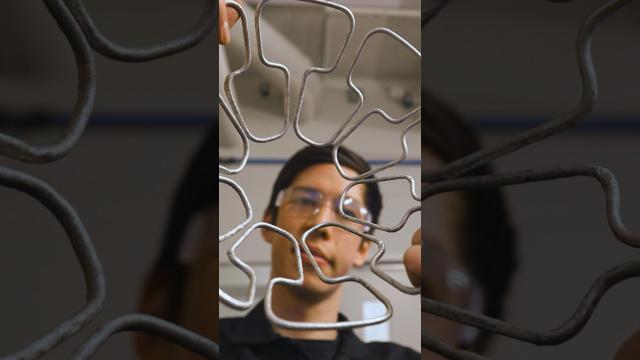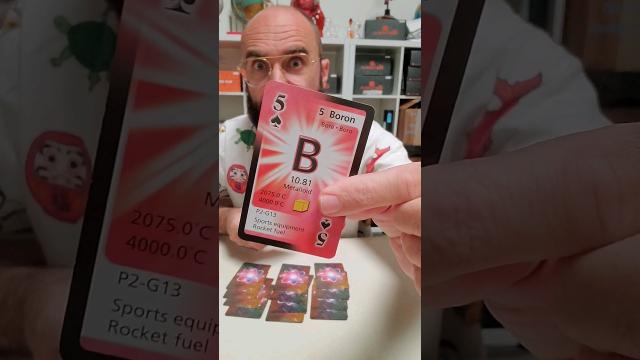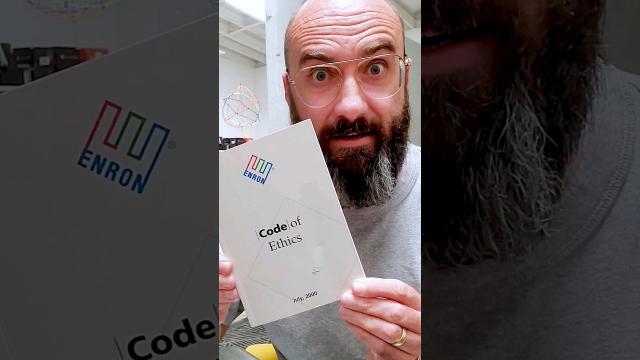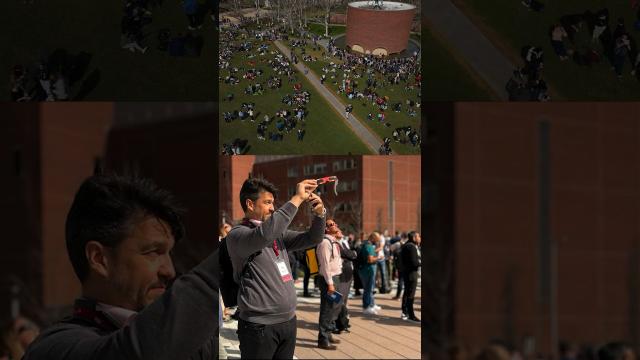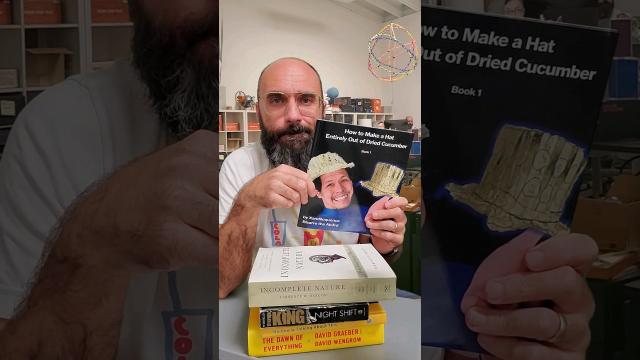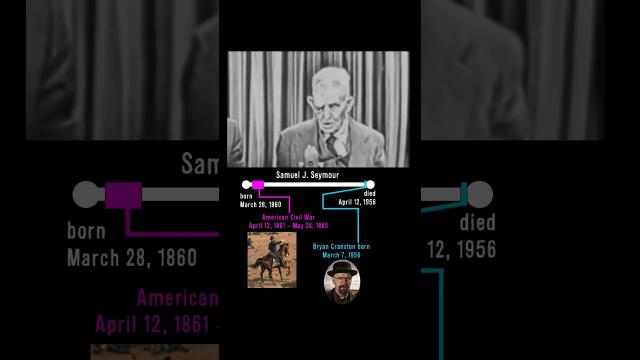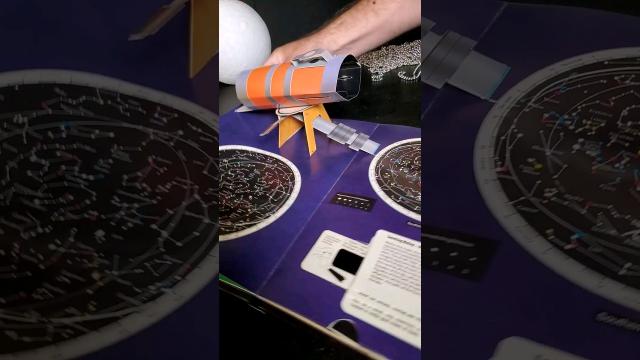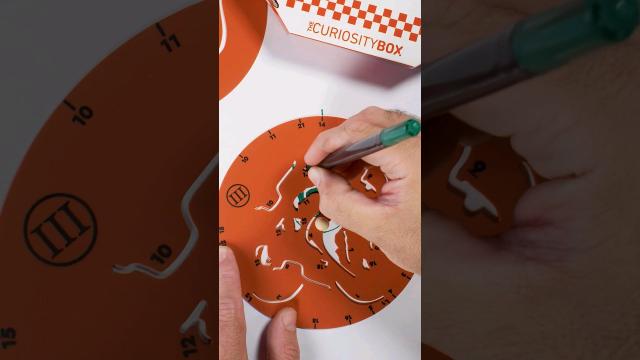Time Travel, Teleportation & Science
Time travel is the concept of moving between different points in time in a manner analogous to moving between different points in space, generally using a theoretical invention, namely a time machine. It has a commonly recognized place in philosophy and fiction, but has a very limited application in real world physics, such as in quantum mechanics or wormholes.
Although the 1895 novel The Time Machine by H. G. Wells was instrumental in moving the concept of time travel to the forefront of the public imagination, The Clock That Went Backward by Edward Page Mitchell was published in 1881 and involves a clock that allowed three men to travel backwards in time.[1][2] Non-technological forms of time travel had appeared in a number of earlier stories such as Charles Dickens' A Christmas Carol. Historically, the concept dates back to the early mythologies of Hinduism (such as the Mahabharata), Buddhism, and Islam through ancient folk tales. More recently, with advancing technology and a greater scientific understanding of the universe, the plausibility of time travel has been explored in greater detail by science fiction writers, philosophers, and physicists.
Teleportation, or Teletransportation, is the theoretical transfer of matter or energy from one point to another without traversing the physical space between them. It has a commonly recognized place in science fiction literature, film, and television, but as yet has a very limited application in real world physics, such as quantum teleportation or the study of wormholes.
Science (from Latin scientia, meaning "knowledge") is a systematic enterprise that builds and organizes knowledge in the form of testable explanations and predictions about the universe. In an older and closely related meaning, "science" also refers to a body of knowledge itself, of the type that can be rationally explained and reliably applied. A practitioner of science is known as a scientist.
In modern usage, "science" most often refers to a way of pursuing knowledge, not only the knowledge itself. It is also often restricted to those branches of study that seek to explain the phenomena of the material universe.
Source : Wikipedia
-
03:49

The World at MIT: Nergis Mavalvala
Added 126 Views / 0 LikesGrowing up in Pakistan, Nergis Mavalvala was aware of MIT’s “huge international brand…this place where the science and engineering and techy kids went.” A person who loves exploring “lofty questions” as well as the practical design of things, Nergis found
-
01:00

Conscious AI? Global Workspace Theory #artificialintelligence #consciousness #ai #briangreene
Added 126 Views / 0 Likes -
01:01
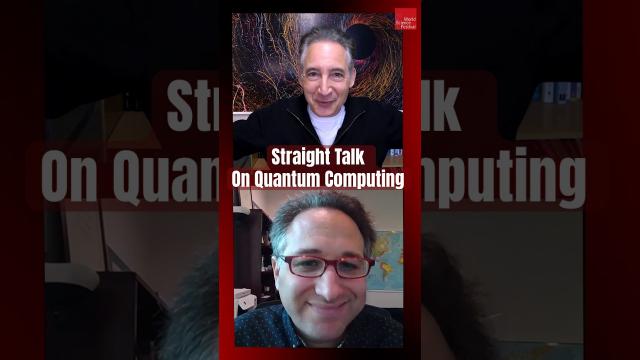
Straight talk on quantum computing with Scott Aaronson and Brian Greene. #quantumcomputing #quantum
Added 126 Views / 0 Likes -
35:19
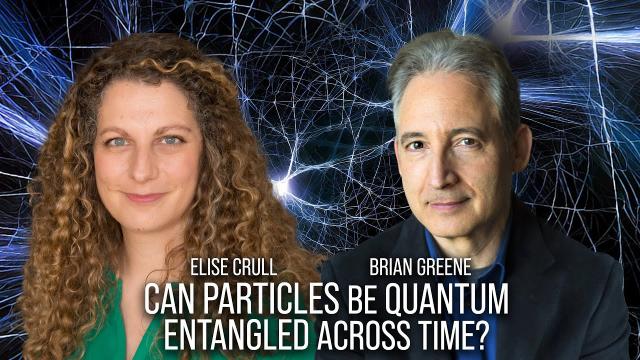
Can Particles be Quantum Entangled Across Time?
Added 124 Views / 0 LikesEinstein's "spooky action' describes quantum particles entangled across space, but can such spookiness entangle particles across time? A conversation spanning the origins of quantum mechanics through its leading-edge implications for spacetime itself.This
-
00:58
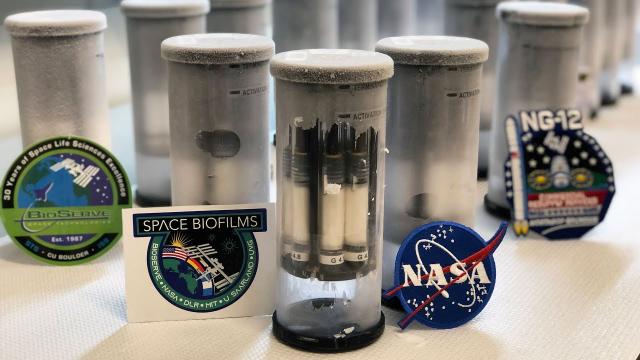
Preventing biofilms in space
Added 123 Views / 0 LikesA team of researchers from MIT and the University of Colorado sent a set of samples of different materials and surface treatments to the International Space Station, to test ways of preventing biofilms of bacteria from forming that can clog plumbing and m
-
1:12:06
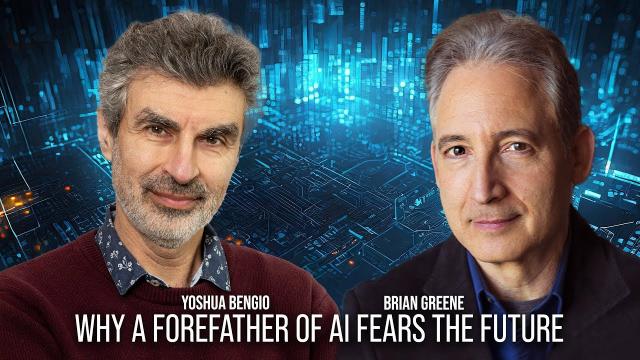
Why a Forefather of AI Fears the Future
Added 123 Views / 0 LikesA renowned AI pioneer explores humanity's possible futures in a world populated with ever more sophisticated mechanical minds.This program is part of the Big Ideas series, supported by the John Templeton Foundation.Participants:Yoshua BengioModerator:Bria
-
1:11:56
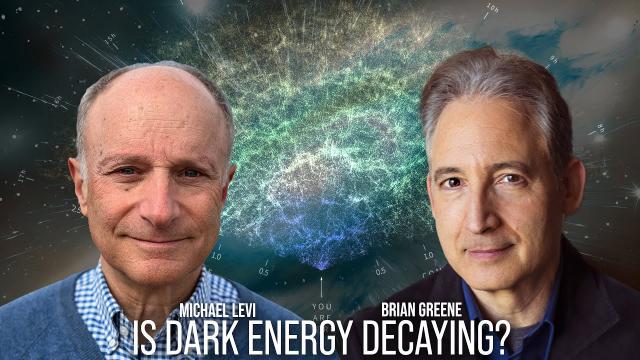
Is Dark Energy Decaying?
Added 123 Views / 0 LikesBrian Greene and Michael Levi discuss revolutionary observations that may upend our cosmological understanding. This program is part of the Big Ideas series, supported by the John Templeton Foundation.Participants:Micheal LeviModerator:Brian GreeneWSF Lan
-
00:59
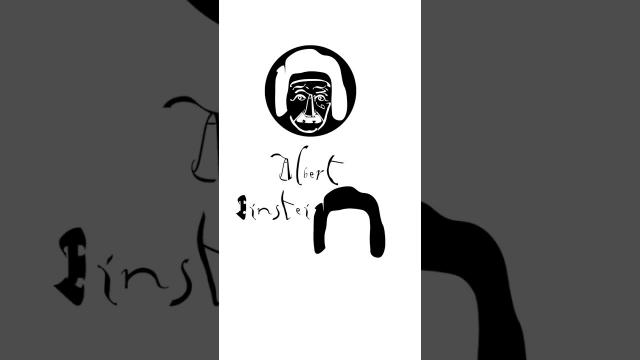
Pinacograms
Added 122 Views / 0 Likes#pinacogram #img #GillesEspositoFarese #images #funny #vsauce #retro #classic #Illusions #typogram #language #eye #art #oldvsauce #octagon #stopsign
-
01:01

The Oldest Camera Photograph
Added 122 Views / 0 Likes"View from the Window at Le Gras": the earliest-known (and perhaps first!) photograph taken with a camera ????#photography #history #Nicéphore #Niépce #France #LaGras #pewter #bitumen #austin #austintx #utaustin #historyofphotography #reality #media #vsau
-
16:13
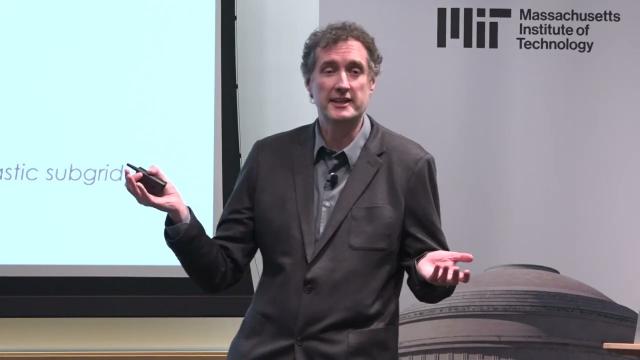
Improving Climate Models Using Machine Learning
Added 121 Views / 0 LikesProfessor Paul O’Gorman of MIT’s Department of Earth, Atmospheric and Planetary Sciences discusses how machine learning can improve upon and overcome difficulties of current climate modeling techniques.Watch more videos from MIT: http://www.youtube.com/us
-
34:16
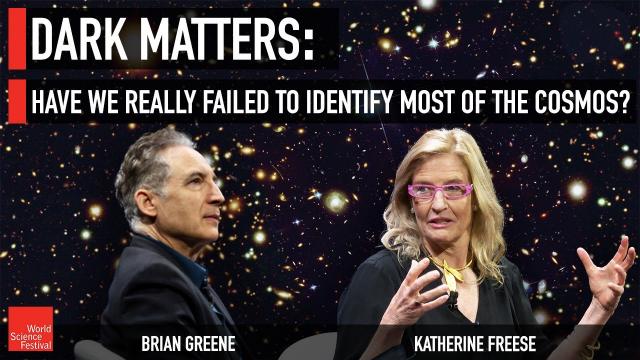
Dark Matters: Have We Really Failed To Identify Most Of The Cosmos?
Added 121 Views / 0 LikesHow confident are we that most matter in the universe has so far escaped detection? And if there is dark matter, might there be dark stars and even a dark big bang? Leading physicist Katherine Freese joins Brian Greene to explore these dark matters.Partic

